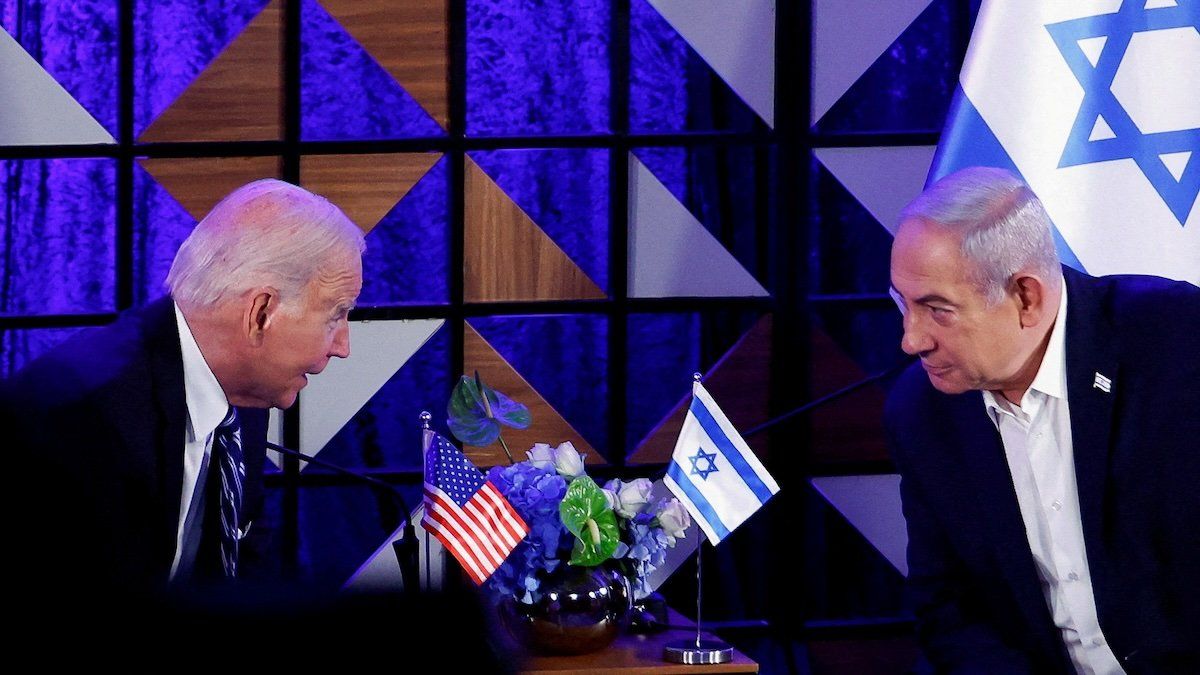Benjamin Netanyahu lashed out at the Biden administration on Monday after the US declined to veto a UN Security Council resolution demanding an immediate cease-fire in Gaza during Ramadan. The US abstention allowed the resolution to pass. Netanyahu responded by canceling plans for an Israeli delegation to visit the White House later this week to discuss alternatives to invading Rafah.
The resolution also called for the immediate release of all Hamas-held hostages, but not as a condition for a cease-fire — unlike a US-sponsored resolution that failed last week thanks to Russia and China’s vetoes. UNSC resolutions are technically legally binding, but are frequently ignored without consequence. The US, Israel’s top ally, has vetoed several Gaza cease-fire resolutions since the war began.
Netanyahu said the decision to abstain marked a "clear departure from the consistent US position." The White House on Monday said it’s “very disappointed” that Netanyahu scrapped the delegation, but maintained that US policy has not changed. Israeli Defense Minister Yoav Gallant, who was in Washington on Monday, still met with US officials for separately planned talks.
Trouble in paradise. It’s increasingly evident the White House is fed up with Netanyahu, who appears set on invading Rafah regardless of US opposition. If Netanyahu moves ahead with the offensive, it could push Washington to consider more drastic steps to rein him in — such as putting conditions on US military aid to Israel.
